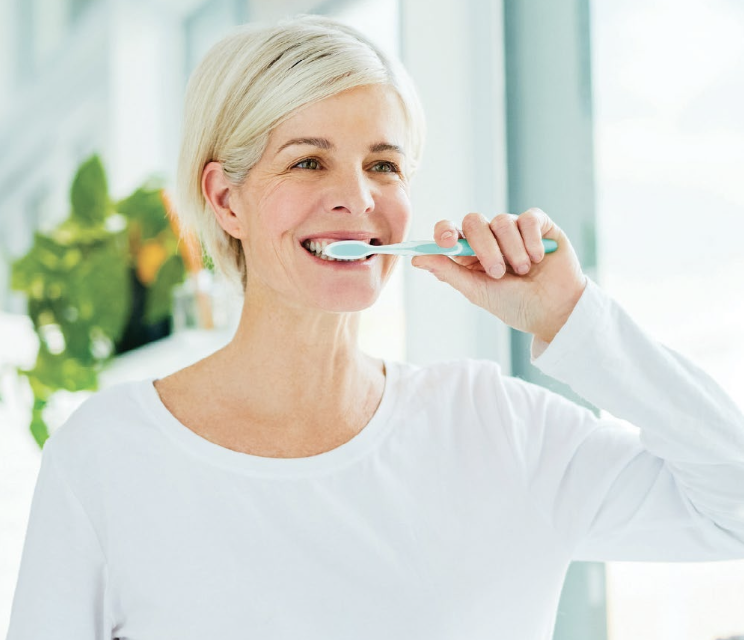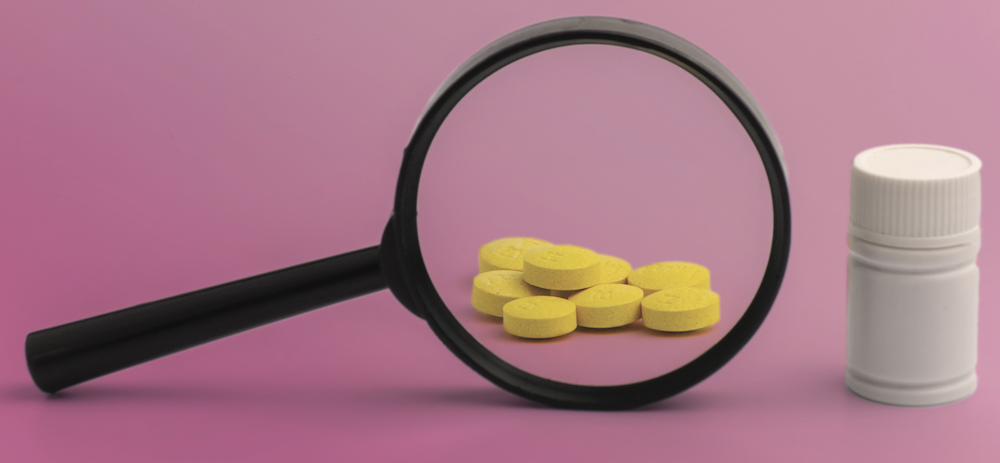Wendy Haaf answers your questions about health, nutrition, and well-being
It depends on several factors, including what you’re trying to accomplish and any issues you may have with your teeth and gums. “Typically, these products are used to remove superficial stains,” explains Dr. Aaron Burry, chief executive officer of the Canadian Dental Association (CDA).
“They’re not going to change the natural colour of your teeth.” Moreover, he says, “our teeth become more dense as we age and don’t reflect as much light, so they look darker.”
If you’re planning on buying a whitening toothpaste, look for a product with the CDA seal of approval, which means the organization has confirmed that it lives up to any claims made on the label. But if you’re unhappy with the appearance of your teeth, you really should consult your dentist. Over-the-counter bleaching products and systems can cause problems if they are overused or used in cer- tain circumstances. (Be doubly wary of ordering such items online, since they may not be approved for use in Canada and could therefore contain ingredients that are either too caustic or abrasive or present in concentrations that are potentially harmful.)
Your oral-care team can advise you whether non-professional whiteners or professional bleaching are suitable for you and, if so, what kinds of results they’re likely to achieve.
Your team may also be able to offer you a gentler method of removing superficial stains. “Most people over the age of 50 have some degree of root exposure somewhere,” Burry says. In this case, “you want to avoid scrubbing those areas, particularly with anything abrasive,” such as whitening or bleaching products. Otherwise, he adds, the result can be “like taking the insulation off an electrical wire and putting two wires together—the teeth can become very sensitive.” (If you already have sensitive teeth, your dentist can provide guidance on how to manage that.)
Your dentist can also suggest products or treatments specifically tailored to your individual needs. Say you’re at a higher-than-average risk for decay due to factors such as the quality of tooth enamel you were born with.
“There may be fluorides or other rinses that can be recommended,” Burry notes. “And if you’re not using fluoride-type toothpaste, there are mineralizing products on the market that your dentist may also recommend.”
Or suppose you have gastroesophageal reflux disease (GERD)—stomach acid periodically backs up into your throat. In that case, your dentist can tell you whether you need to augment your current daily preventive- care regimen “and if there are different products you need to consider,” Burry says. “There are things on the market that neutralize the acid.”
In general, “people over 55 may need to use products that are gentler than those they used when they were in their 30s and often need more frequent professional care,” he says. “And as to their oral-health regimen, whether it includes flossing, rinses, or using gum stimulators, the need for all of that goes up, unfortunately.” However, the extra care is worthwhile. “We get one set of teeth,” Burry says. “We really should look after them.”






